News Archive
-
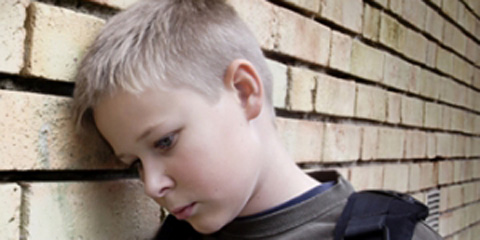
As the head of mental health and crisis response in Los Angeles schools in the late 1990s, Marleen Wong could sense that violence and trauma were having a serious effect on children.
When she responded to one of the approximately 3,000 serious incidents that occurred on an annual basis in local schools, such as a stabbing or assault, she would often ask students involved in the traumatic event whether they had similar experiences in the past.
-
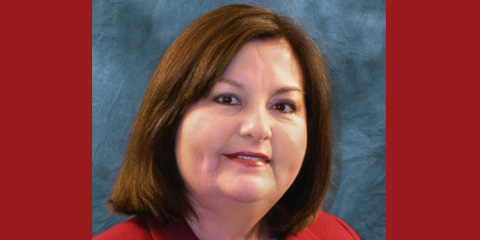
Maria Aranda, an associate professor at the USC School of Social Work and core faculty of the USC Edward R. Roybal Institute on Aging, presented findings from a recent Institute of Medicine report commissioned by Congress on the state of the geriatric mental health and substance abuse workforce at a Capitol Hill briefing co-sponsored by the National Association of Social Workers in Washington, D.C.
-
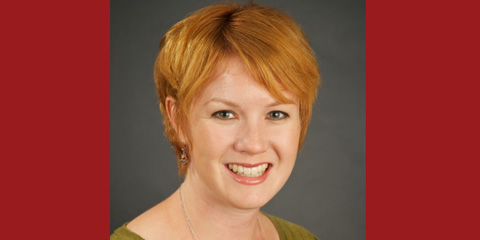
A new federal grant will enable Dorian Traube, an assistant professor with the USC School of Social Work, to explore the causes and consequences of a vicious intergenerational cycle of substance abuse among those involved in the child welfare system.
Studies have indicated that more than 8 million teens who need substance use treatment have parents who also struggle with substance abuse problems and were maltreated during their childhood.
-
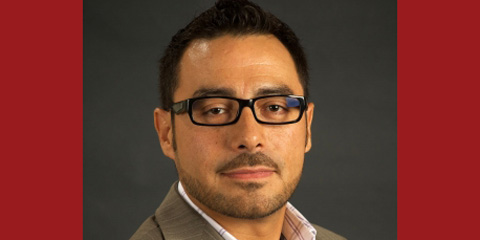
Erick Guerrero, an assistant professor at the USC School of Social Work, has been named the 2012 Association for Community Organization & Social Administration (ACOSA) Emerging Scholar for his work in organizational research, cultural competence, and racial and ethnic service disparities.
“I was elated when I heard I had been selected for this year’s ACOSA Emerging Scholar award,” Guerrero said. “The selection process was rigorous, and the award is highly coveted among top scholars both nationally and internationally.”
-
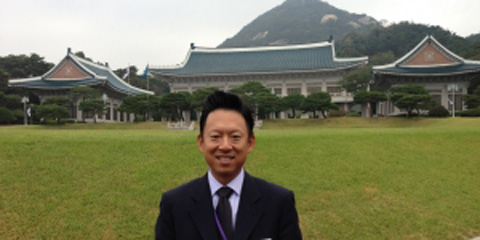
As the group of Korean Americans gazed upon the War Memorial of Korea in Seoul, South Korea, they were reminded of the sacrifices of those who came before them, many of whom were their own relatives, that made their lives in the United States – and as global citizens – possible.
-
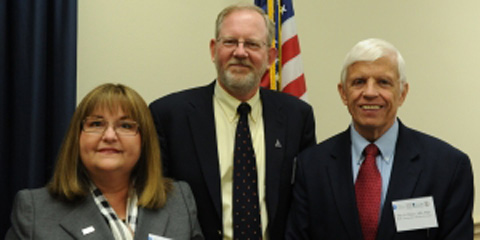
USC School of Social Work faculty have been making the rounds in our nation’s capital, participating in high-level discussions and sharing their knowledge in areas such as veterans affairs, behavioral health, child welfare and geriatric care.
Dean Marilyn Flynn and Anthony Hassan, director of the USC Center for Innovation and Research on Veterans and Military Families, held a roundtable in Washington, D.C., in cooperation with the Department of Veterans Affairs to discuss establishing a national veterans policy.
-
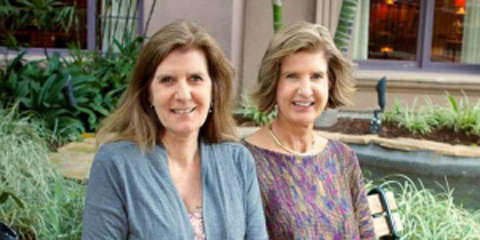
The USC School of Social Work has added three new members to its Board of Councilors, two of which are alumni.
Catherine Hutto Gordon, MSW ’97, and Eileen Hutto, president and vice president, respectfully, of the Hutto Patterson Charitable Foundation, are the newest members to join the school’s board.
The foundation, which Gordon’s and Hutto’s mother founded, focuses on providing access to education and recently endowed a scholarship at the school for students pursuing the growing field of military social work to help families cope with the stresses of military life.
-
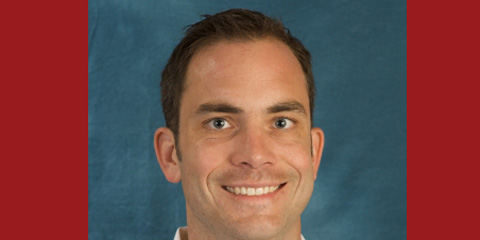
The use of smartphones is associated with an increased likelihood of being solicited for sex on the Internet and having sex with an Internet-met partner among teens, says a new study from the USC School of Social Work, which was released at the American Public Health Association’s 140th Annual Meeting in San Francisco.
-
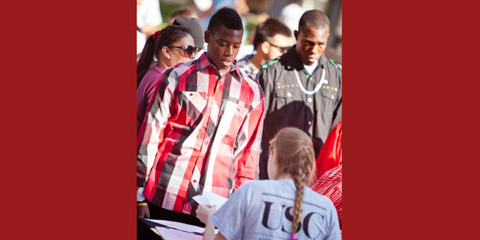
The USC School of Social Work and United Friends of the Children hosted more than 500 Los Angeles foster youth in October for an event designed to encourage them to go to college.
The 13th annual College Within Reach day offered middle and high school-aged students living in foster care information about higher education, with the goal of showing them college is an option and providing them the necessary tools to begin college planning.
-
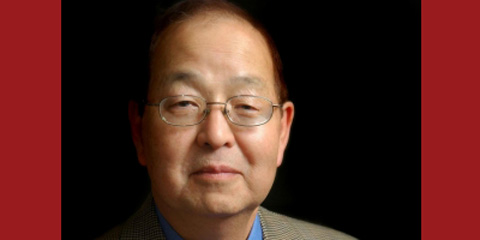
Growing up in poverty, David Kuroda, MSW ‘ 72, never thought he could afford to go to college, nevermind a top-notch university like USC.
That’s a large part of the reason why he wanted to make sure he provided for future generations of social workers by including the USC School of Social Work in his will.